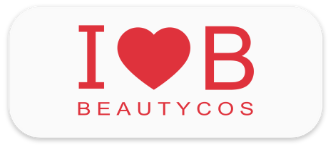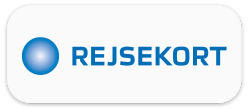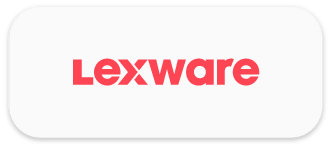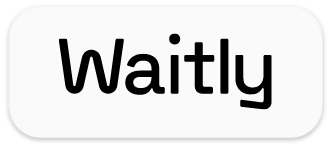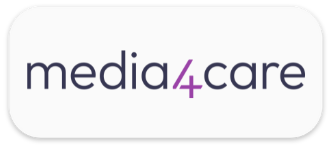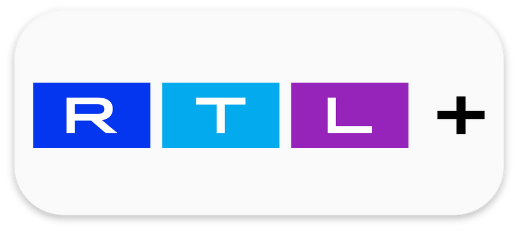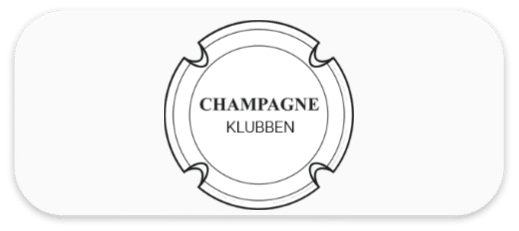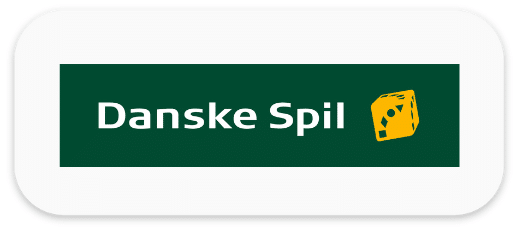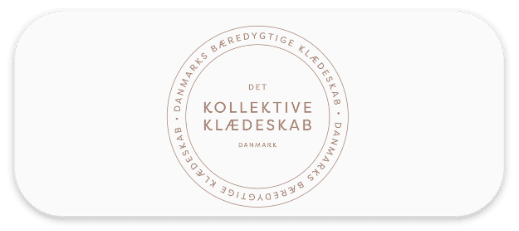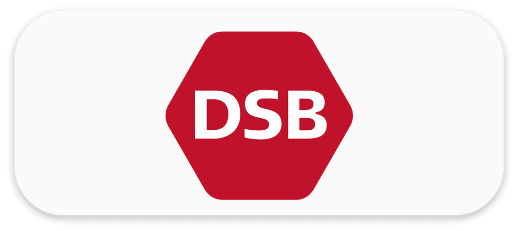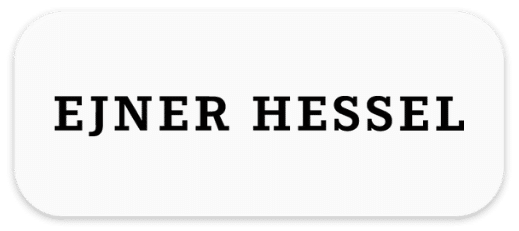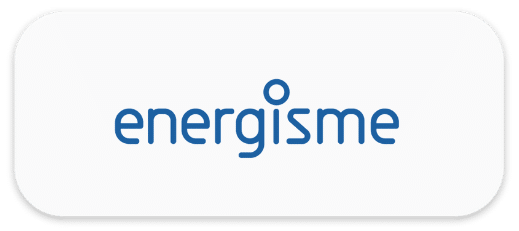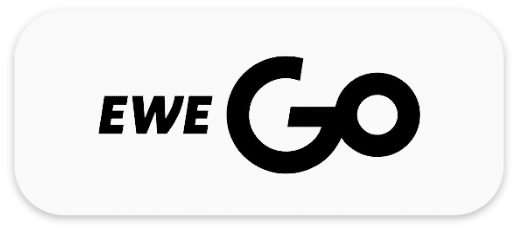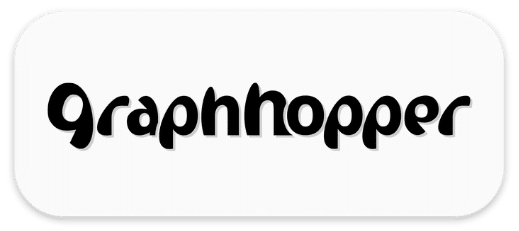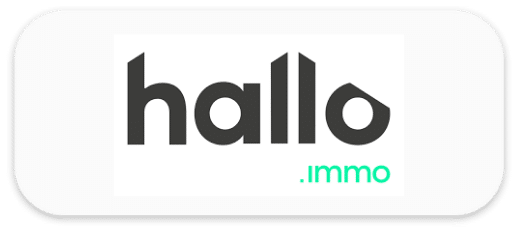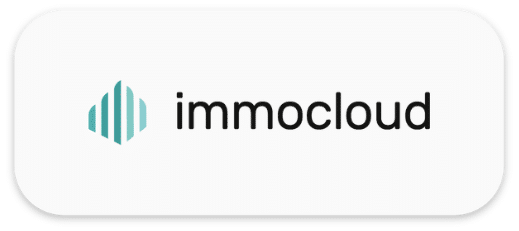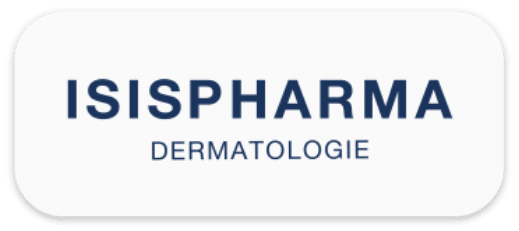The right SaaS payment & billing solution
for your SaaS business
Do you want to increase your growth and maximise your revenue streams?
Then Billwerk+ Software-as-a-Service billing & payment solution is
your partner for the sustainable success of your business.
Do you want to Minimize Errors, Costs, and Efforts and Improve Your Revenue Streams?

Subscription & Recurring Billing Management with Billwerk+
Billwerk+ is your partner for profitable revenue relationships in the SaaS industry. Why? Because we help you scale your SaaS business, maximise your growth, and use your full revenue potential. As your SaaS business grows, so do the needs of your customers and your own recurring billing & payment requirements.
We enable you to thrive through the use of flexible and innovative billing & payment solutions. Our software solutions are designed to facilitate the entire order-to-cash lifecycle, creating long-lasting recurring revenue relationships for you.
Maximise your SaaS business growth and monetise new offerings quickly
Increase your efficiency and automate revenue recognition
Minimise errors through efficient and frictionless order-to-cash processes
Streamline your SaaS billing & SaaS payment operations
Ensure compliance with all important European regulatory requirements
Minimise churn through streamlined business processes
Benefit from superior individual and regional service & support
Scale your SaaS business with a subscription management solution that grows with you
Billwerk+ is our first choice for cloud billing because they have the most sophisticated API and excellent service.
Stefan Hollmann and Claus Fahlbusch
Managing Directors at shipcloud GmbH
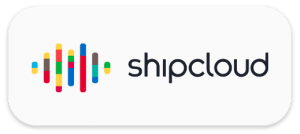
Billwerk+ is our first choice for cloud billing because they have the most sophisticated API and excellent service.
Stefan Hollmann and Claus Fahlbusch
Managing Directors at shipcloud GmbH
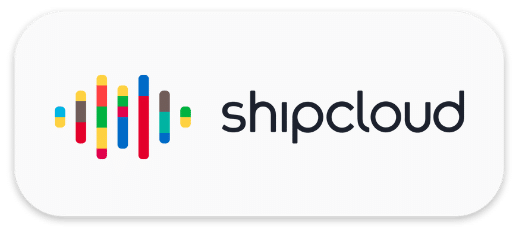

Benefit from the Billwerk+ SaaS Billing & Payment solution:
- The ability to quickly adjust pricing and product strategies through flexible price, tariff and mixed models.
- Quickly respond to market changes via add-ons, upsells, promotions, trials, and coupons.
- Billing options include one-time, periodic or consumption-based charges, down to the cent.
- Integration of various payment methods for optimal conversion in the sales process, including credit card, PayPal, and SEPA direct debit.
- Access to a user-friendly, secure, and streamlined payment gateway for SaaS billing and payment processes.
Benefit from the Billwerk+ SaaS Billing & Payment solution:

- The ability to quickly adjust pricing and product strategies through flexible price, tariff and mixed models.
- Quickly respond to market changes via add-ons, upsells, promotions, trials, and coupons.
- Billing options include one-time, periodic or consumption-based charges, down to the cent.
- Integration of various payment methods for optimal conversion in the sales process, including credit card, PayPal, and SEPA direct debit.
- Access to a user-friendly, secure, and streamlined payment gateway for SaaS billing and payment processes.
Billwerk+ is your trusted partner for recurring revenue relationships! Discover more.
More about SaaS billing & payments
However, when automating an extensive process, support plays a major role. If problems occur, it is important that a customer service is available and can help quickly. Good customer support starts with the first use of the software solution: If users are accompanied during this process, the SaaS billing solution can quickly get up and running. Many companies have a complex IT landscape. A good SaaS billing system is characterized by easy integration and compatibility. In addition, regulatory requirements such as data protection and GoBD must be implemented.
For SaaS providers, the question is how to design the billing process. Should an in-house solution be developed? Or should a specialized software solution be considered?
An in-house solution brings the advantage that companies can implement their individual ideas. This means that the billing system can be tailored specifically to the company’s business model. However, the prerequisite is that the company not only has the appropriate expertise in software development, but also that regulatory requirements (for example, DSGVO, VAT, GoBD) are taken into account. There are many complex issues to be considered. And if something doesn’t work, the question arises: How quickly can a software error be fixed? Who is the contact person for questions about the application?
SaaS billing software can be used immediately. Internal resources are spared. In addition, the company benefits from the fact that with SaaS billing software, an application is used for which a lot of experience is already available. A customer service team can be reached quickly in case of application questions and can support the user. In addition, complex regulatory issues have already been taken into account. In this way, the company is building on a legally compliant, cost-effective and customer-oriented complete solution.
The SaaS business model brings with it the advantage for companies that recurring revenues are generated. Contract terms allow SaaS providers to plan in advance what revenue is likely to be generated and when. Recurring payments are easier to plan and provide more stability for company liquidity. SaaS Billing lays the foundation for long-term liquidity planning.
Thanks to modern software solutions, customer management can be designed with manageable effort. In addition, customers can be tied to the company in the long term.
Especially in the area of recurring payments, automation solutions in the billing process offer themselves. This makes SaaS billing management a breeze.
Creation of invoices: A SaaS Billing Software automatically schedules and creates invoices based on the respective contract agreements.
Sending invoices: The invoices are sent to the user. In principle, different ways are conceivable – for example, by post, by e-mail or for downloading from the customer portal.
Monitoring incoming payments: SaaS billing software checks and monitors payment transactions. This makes it possible to detect whether payments have been received on time or are perhaps overdue.
Dunning: A SaaS Billing software can also automatically send reminders when payments are missed.
Data analysis: The data from the billing process can be used for reporting. Thus, sales figures can be analyzed or liquidity planning can be aligned accordingly.
Especially in the field of Software as a Service (SaaS), companies have to deal with real masses of data. For the accounting system, this means that a large number of transactions and settlements have to be managed. Manually, this would involve an enormous amount of work. In addition, manual processing can quickly lead to errors, especially in the case of settlements with foreign references.
SaaS billing software relieves, professionalizes and improves the entire billing process. Regulatory requirements, such as eInvoicing in other EU member states, are also taken into account.
SaaS billing systems are available in different modes of operation. For example, there are
- Public SaaS,
- Private SaaS or
- On-Premise
Public SaaS, for example, is a popular operating mode for small or even young companies. It is comparably inexpensive. Here, the user receives an account, which is operated in the data center of the SaaS billing system provider.
Private SaaS is an operating mode that is also operated in the data center of the SaaS billing system provider. However, a separate infrastructure is used here.
On-Permise is a mode of operation in which the SaaS Billing System is operated in the user’s data center.
Which system is ultimately the right choice depends on the user’s individual expectations. Consultation with the SaaS Billing Solution provider may be advisable here.
A major challenge in SaaS Billing is the large mass of administrative tasks. For example, not only must billing be done correctly and on time: Payment transactions must be monitored and reminders written if necessary.
In addition, many SaaS providers offer their products across borders. But this also means that different tax peculiarities have to be taken into account. In some EU member states, for example, invoices in the B2B sector must already be created electronically and transmitted to a specific invoice portal (Italy, for example). In other states, companies still have the choice of whether invoices are created electronically or in paper form.
SaaS providers must therefore maintain an overview of the different tax invoice requirements, currencies, tax rates, retention requirements, and much more. This is anything but easy and can lead to uncertainty. But correct invoicing is a prerequisite for generating revenue. SaaS Billing Management is of great importance here in particular.
The Software as a Service (SaaS) business model means that the provider generates recurring revenues. These revenues must be billed. On the one hand, billing recurring payments involves a lot of effort. But on the other hand, it is “secure revenue” for the company. The company can plan with the expected payments. This strengthens the company’s own liquidity.
But to ensure that the recurring payments are actually received by the company, a professional billing process is needed. The SaaS billing process must not only ensure that services are invoiced promptly and without errors. Due dates and incoming payments must also be monitored. If payments are missed, a dunning system must also be activated accordingly. SaaS providers must therefore develop a strategy for managing this as efficiently as possible. Without an automated solution, companies would have an almost unmanageable accounting workload. SaaS providers therefore need a professional billing system. A SaaS billing solution can make a decisive contribution to success.
The use of “Software as a Service (SaaS)” regularly involves a subscription. The user selects the appropriate service package from the available options and subscribes to it. SaaS billing comes into play as soon as the contract is signed. The customer data is processed and the billing process is initiated. Decisive for the complete process are the contract terms. For example:
- Which software package has been selected?
- Is there a free trial period (for example: the first month is free, only after that does usage become chargeable)?
- Which billing interval is to be used?
- Which method of payment has been chosen (e.g. Paypal, credit card, SEPA direct debit)?
In a modern software solution for SaaS billing, the entire billing process takes place automatically. For the user, this significantly reduces the manual effort required for invoicing.
In the past, problems with payment transactions in particular often led to considerable effort in the accounting department. However, those who use modern technologies today benefit from direct processing by SaaS billing software, for example in the case of returned direct debits or credit card payment cancellations.
Software as a Service (SaaS) is now a widespread business model. Here, software applications are hosted by a provider and offered to the end user for use via the Internet. The user therefore does not acquire the software itself, but merely a (time-limited) right of use. As a rule, customers can use the offering via a browser application. The software itself is managed and also updated by the provider. The provider thus provides a service and makes software available for use. The customer in turn pays a fee for use. The fee can be paid monthly, quarterly or annually, for example. These are recurring payments that must be made to the provider.
But even if the same amount always has to be paid monthly, for example, there still has to be a billing process. And this is where the term “SaaS Billing” comes into play. SaaS Billing refers to the billing of recurring revenues in the SaaS sector. The process can be automated through the use of software solutions.
- Automation and streamlining of billing and payment processes, resulting in increased efficiency and reduced manual errors.
- Ability to easily scale pricing and plans as a business grows.
- Detailed reporting and analytics on SaaS billing and SaaS payment data.
- Reduced costs and minimised errors associated with maintaining an in-house billing and payment infrastructure.
- Improved customer experience with self-service options for managing subscriptions and payments.
- Ability to accept a variety of payment methods.
- Flexibility to offer free trials, discounts, and promotions.
A subscription management tool can benefit Software-as-a-Service companies in various ways:
- Automated billing & payments: A subscription management solution can automate the billing process, saving time, effort, costs, and resources.
- Revenue management: By effectively managing the revenue streams, a subscription management solution can support businesses in forecasting and planning their revenues more accurately, which in turn makes financial forecasting and budgeting easier.
- Improved customer experience: A subscription management solution can enable businesses to improve their customer experience by making it easy for customers to manage and update their subscriptions.
- Scalability: As a business grows, a scalable subscription management solution can grow with it, enabling the management and tracking of a growing number of subscribers.
- Lastly, a subscription management solution can provide businesses with valuable insights and data on their clients, e.g. tracking of customer usage and engagement, as well as patterns.
A subscription management solution is important for SaaS businesses as it supports the automation and streamlining of SaaS billing & SaaS payment processes, which in turn may save time, costs, and resources. In short, a good SaaS billing & SaaS payment solution helps SaaS businesses to better manage and grow their business & revenue, facilitate the order-to-cash lifecycle, as well as create a frictionless subscriber experience.
SaaS billing & SaaS payment solutions are tools that support businesses in managing their recurring billing, payments, and related subscription-based processes. Typically, SaaS billing & SaaS payment solutions include, among others, features such as recurring billing, invoicing, payment processing, as well as customer and contract management as part of their portfolio.
Cloud-based billing automation software: Cloud-based solutions are becoming increasingly popular as they allow for easy access and scalability, as well as automatic updates and backups.
Artificial intelligence and machine learning: Many modern billing automation software solutions are now incorporating AI and machine learning to improve accuracy and automate repetitive tasks.



